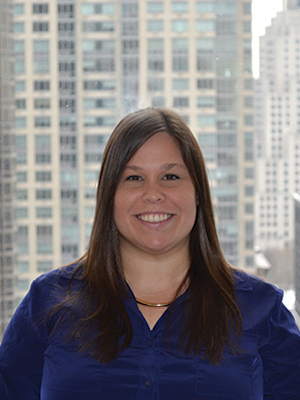
Carly O’Brien Photo courtesy of CancerCare
Caring for a person with cancer can be physically and emotionally draining. You may be learning about medications and side effects, taking your loved one to doctor’s appointments and fielding calls from family members. These challenges come in addition to holding down your usual responsibilities, along with coping with the fear that often accompanies an uncertain future.
Taking a step back from your experience to recognize the opportunities that arise from caregiving can help you get through the difficult moments. The following silver linings can give you a more balanced perspective—even when you feel like you are barely keeping it together:
Improved communication. No one wants to talk about cancer, but caregiving requires communication about uncomfortable topics, including treatment side effects, pain, mortality, sexuality and finances. These discussions can bring everyone’s wants and needs to the forefront and lead to a more profound connection.
Clear priorities. Many caregivers find that after being touched by cancer, they are more focused on things that really matter—the people they love, the things they want for themselves, and how they want to spend their time. It often becomes easier for caregivers to live in the moment and part ways with negative influences, including toxic relationships, unfulfilling jobs or even unhealthy behaviors, such as smoking or drinking.
Increased self-confidence. Caregiving can be a humbling experience, and much of what caregivers learn is picked up on the fly. Caregivers may be called upon to change bandages, manage medications and deal with insurance companies. In the midst of keeping it together, they may learn more about their natural talents. For example, an understanding of medical research may help you seek out a new treatment or clinical trial. Strong organizational skills may allow you to keep medications and appointments in order. These skills can strengthen over time, leaving caregivers feeling more assured.
Greater focus on your needs. Nothing underscores the importance of good health more than dealing with an illness. While caregivers may initially put their health on the back burner as they care for a loved one, they may start to realize the importance of their own physical and emotional health in their caregiving roles. In time, they might also discover that essentials like eating well, getting enough sleep and seeking out support will ultimately allow them to give more to their loved one.
Of course, the challenges of caregiving are enormous, but taking a step back to explore the personal meaning and value of this role may help provide some perspective that can lighten the load.
Cancer Today magazine is free to cancer patients, survivors and caregivers who live in the U.S. Subscribe here to receive four issues per year.




